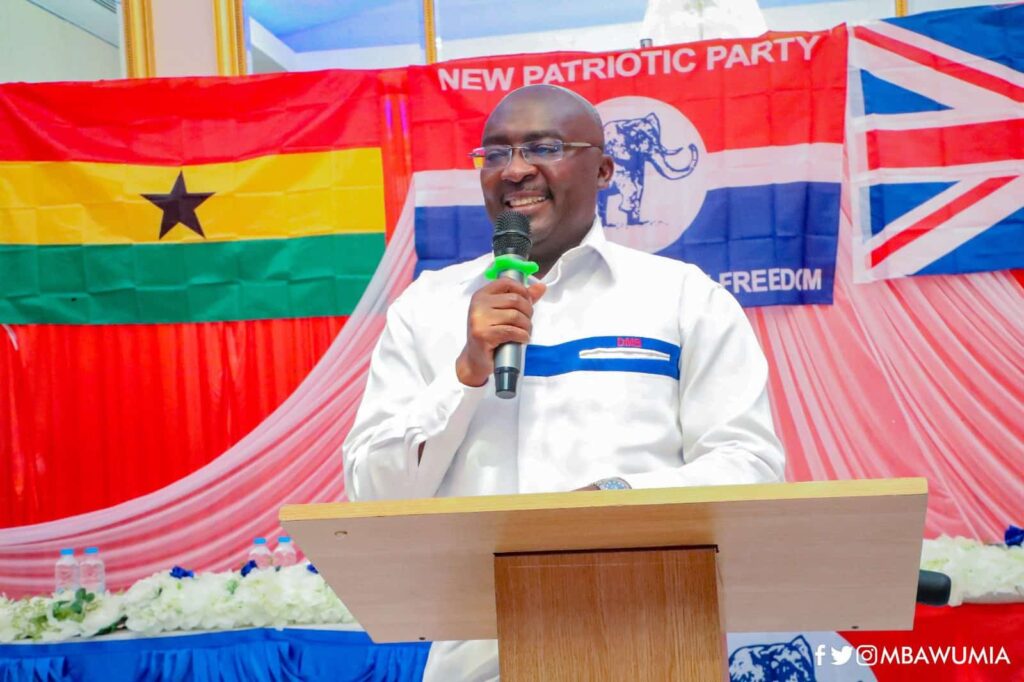Ghana’s EPA integrates its Carbon Registry with a blockchain-based ITMO network to enable digital carbon trading credits under the Paris Agreement.

Ghana Ready to Adopts Blockchain for Carbon Trading
Ghana’s Environmental Protection Agency (EPA) has signed an agreement to incorporate the Ghana Carbon Registry (GCR) into a blockchain-based Internationally Transferred Mitigation Outcomes (ITMO) network. This is the result of an initial accord between the two parties to operationalize the digital trading and settlement of ITMOs.
ITMOs are a type of carbon credit that are regulated by Article 6.2 of the Paris Agreement. They are utilized to encourage climate action and to contribute to global efforts to mitigate climate change.
They have the potential to be transferred internationally and utilized to generate climate finance for climate mitigation and adaptation initiatives.
Ghana fortifies its status as a pioneer in Africa’s carbon markets by operationalizing ITMOs. The agreement between the GCR and Singapore’s ZERO13 helps the Southeast Asian nation maintain its status as a global center for carbon credit trading. Simultaneously.
John Kingsley Krugu, Executive Director of the EPA, commented:
“With the work EPA and other bodies in Ghana have been doing, the country has shown it can be a pioneer in making Article 6.2-related ITMO activity a reality under its implementation agreement with Singapore.”
Companies in Singapore will be able to obtain high-quality carbon credits from Ghanaian initiatives as part of the agreement, which will assist them in achieving their emissions reduction objectives.
Zero13’s CEO, Hirander Misra, expressed his appreciation for GCR’s partnership with his organization, asserting that it serves as an illustration of the critical role that technology can play in the advancement of climate action.
This agreement between Ghana and Singapore establishes a precedent for international collaboration on climate action and carbon markets.
ITMOs are praised for their potential to facilitate international climate cooperation; however, they are not without their drawbacks, such as the danger of double counting, the absence of standardized methodologies, and market volatility and price uncertainty.
In order to surmount these obstacles, nations must establish and execute rigorous verification processes, transparent accounting, and robust international governance.
